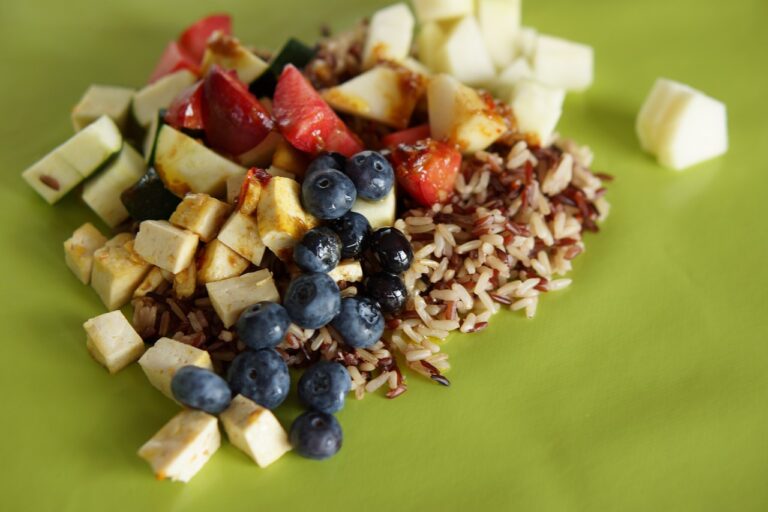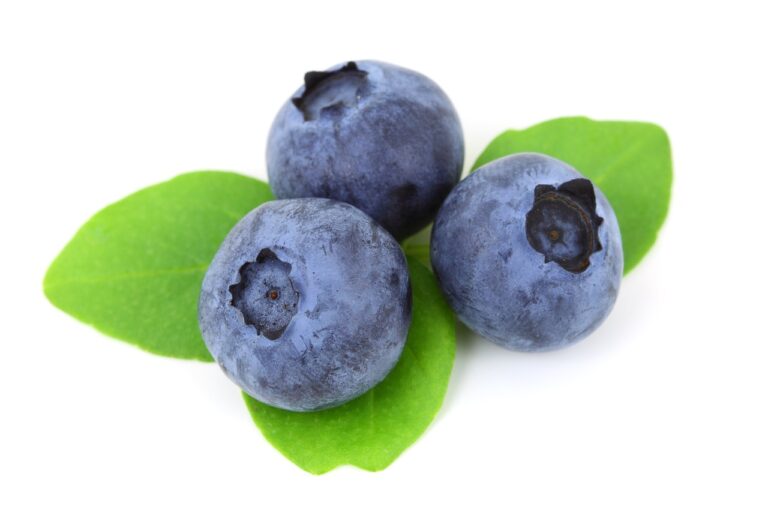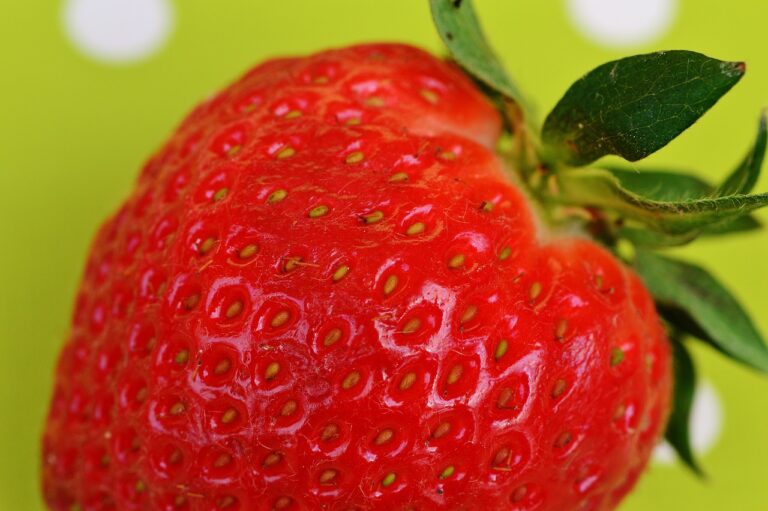The Art of Food Fermentation: Unlocking Flavor and Health Benefits
Fermentation is a traditional method of preserving and enhancing the nutritional value of foods. Through the fermentation process, beneficial bacteria and yeast break down sugars and starches in the food, resulting in the production of lactic acid and other compounds that not only contribute to unique flavors but also help in the digestion process.
Furthermore, fermented foods are rich in probiotics, which are beneficial microorganisms that support a healthy gut microbiome. These probiotics can improve digestion, boost the immune system, and even have mood-regulating effects. Consuming fermented foods regularly can promote overall well-being and aid in maintaining a balanced and healthy gut flora.
– Exploring the Science Behind Fermentation
Fermentation, a natural process that has been utilized for centuries, involves the breakdown of organic substances by microorganisms like bacteria, yeast, or mold. These microorganisms convert sugars into acids, gases, or alcohol, which results in the tangy flavors and unique textures found in fermented foods. The science behind fermentation lies in the metabolic reactions of these microorganisms, which thrive in anaerobic environments.
One key aspect of fermentation is the conversion of sugars into lactic acid or alcohol. This process not only preserves food but also enhances its nutritional value by increasing the bioavailability of certain nutrients. Additionally, fermentation can promote the growth of beneficial bacteria, known as probiotics, which play a crucial role in maintaining a healthy gut microbiome. By understanding the intricate science behind fermentation, we can better appreciate the art of fermenting foods and the potential health benefits they offer.
– Understanding the Role of Probiotics in Fermented Foods
Fermented foods are increasingly popular for their potential health benefits, particularly due to the presence of probiotics. These beneficial microorganisms can aid in maintaining a healthy gut microbiome, which is crucial for overall digestive health and a strong immune system. Probiotics help in balancing the bacteria in the gut, promoting better digestion and absorption of nutrients from food.
In addition to supporting digestive health, probiotics in fermented foods may also have a positive impact on mental health. Emerging research suggests a link between the gut and the brain, with the gut often referred to as the “second brain.” Consuming probiotics through fermented foods like yogurt, kimchi, and sauerkraut may help in alleviating symptoms of anxiety and depression, highlighting the importance of a well-balanced gut microbiome for overall well-being.
• Probiotics aid in maintaining a healthy gut microbiome
• Balancing bacteria in the gut promotes better digestion and nutrient absorption
• Consuming probiotics through fermented foods may have a positive impact on mental health
• Emerging research suggests a link between the gut and the brain, highlighting the importance of a well-balanced gut microbiome for overall well-being
What are the benefits of food fermentation?
Food fermentation can increase the shelf life of foods, enhance flavors, improve digestibility, and increase the bioavailability of nutrients.
Can you explain the science behind fermentation?
During fermentation, microorganisms such as bacteria, yeast, and molds break down complex molecules in food into simpler compounds, producing byproducts like lactic acid or alcohol that can preserve and enhance the food.
How do probiotics play a role in fermented foods?
Probiotics are live bacteria and yeasts that are beneficial for our health, and they are often found in fermented foods. Consuming probiotics through fermented foods can help improve gut health and boost the immune system.
Are all fermented foods probiotic-rich?
Not all fermented foods contain probiotics, as the live cultures may be destroyed during processing or cooking. It’s important to look for labels that specifically mention the presence of live and active cultures.
How should fermented foods be consumed to maximize their benefits?
To get the most out of fermented foods, it’s best to consume them in their raw, unpasteurized form. This ensures that the probiotics are still alive and active when consumed.







